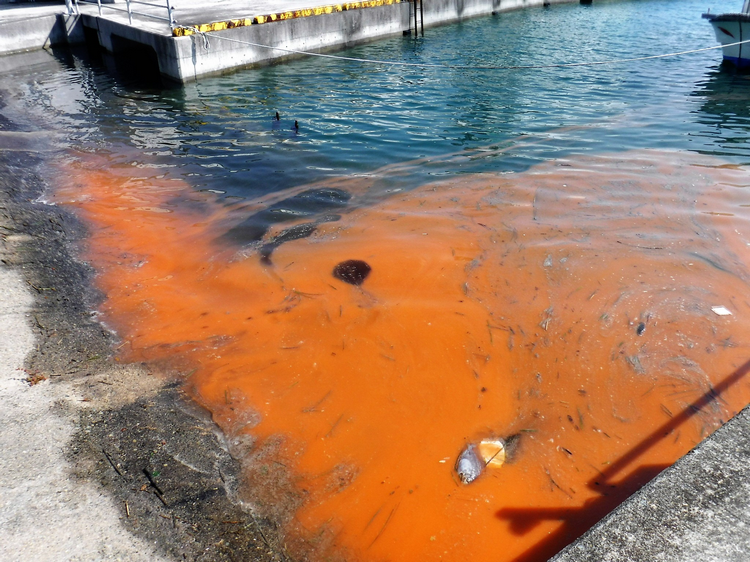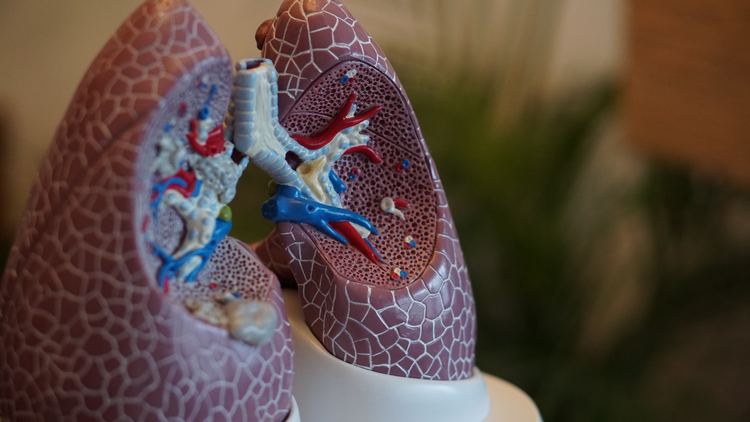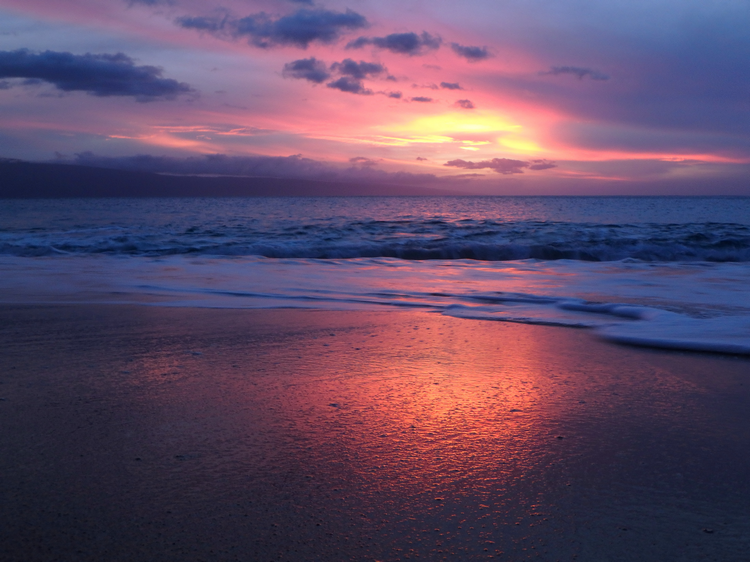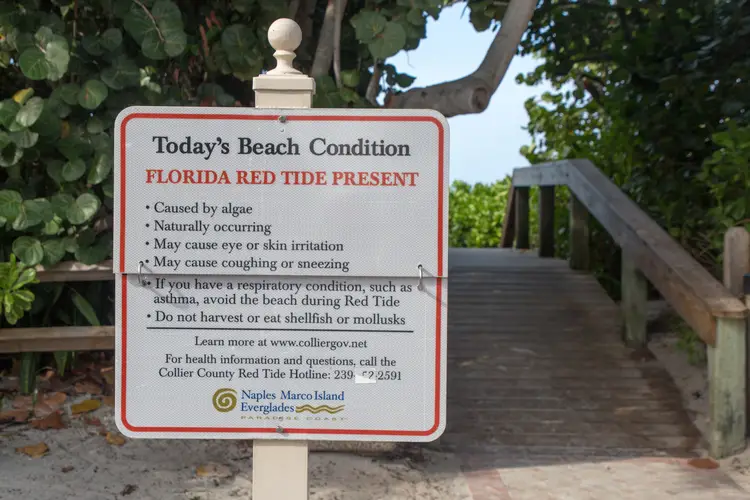
Whether you are a swimmer, a snorkeler, a scuba diver, or even simply a beach-goer, you are probably interested to know about a red tide cough and what causes these symptoms. This is especially true if you suffer from a chronic respiratory illness, as the brevetoxins from red tides can affect you more if you have a disease like asthma.
This is why it’s important to understand why does red tide make you cough and how you get treatment.
Red tide cough is caused by aerosolized brevetoxins that get into and irritate your airways. Coughing and other symptoms from red tides normally subside after a few hours if you remove yourself from exposure. Symptoms like coughing are often worse for those who have respiratory diseases like asthma.
The best way to do more diving is to book yourself on a scuba diving liveaboard. You can check the latest and best deals on liveaboards using the following window:

Can red tide cause coughing?
A red tide can cause coughing, which is more likely for people who have a respiratory disease like asthma, emphysema or bronchitis. It is the aerosolized brevetoxins from red tides that cause the cough, and it is the brevetoxins that irritates your tracheal airway or the lining of your lungs.
Why does red tide make you cough?
Red tide makes you cough because of the aerosolized toxins, which can cause respiratory irritation for some people. Respiratory irritation can be in the trachea or in the lungs or both, and is often worse for those with a respiratory disease.

What does red tide do to your lungs?
The effect of brevetoxins from a red tide that are breathed into your lungs, not only irritate the trachea and cause a mucus reaction, but can also lead to inflammation of the lungs too. It is both of these conditions that can lead to red tide cough.
Reactions to red tide can be worse in individuals with asthma, emphysema, or any other chronic lung disease, as indicated by a clinical survey.
“During red tide events, aerosolized toxin has been linked to both upper and lower airway symptoms , e.g., non-productive cough, shortness of breath, rhinorrhea, and sneezing, in both normal individuals and in “susceptible populations”, i.e., those individuals with pre-existing airway disease. There is a suggestion that the frequency of these adverse respiratory events is increased in the latter group. A clinical survey indicated that 80% of patients with bronchial asthma were affected during a red tide event, with some having overt asthma attacks.”
NCBI – Airway Responses to Aerosolized Brevetoxins in an Animal Model of Asthma
Red tide cough treatment
The best treatment for red tide cough is to get away from the aerosolized brevetoxins from the red tide. If the cough or other symptoms persist, these may be treated with antihistamines, but if the symptoms do not go away or if they get worse, you should seek medical advice at your nearest hospital.

How to treat red tide symptoms
There are three main ways to avoid or get rid of red tide a red tide cough symptoms:
- Removing yourself from exposure to red tide.
- Wearing a particle filter mask may lessen the effects.
- Over-the-counter antihistamines may decrease your symptoms.
How long does red tide cough last?
Red tide coughs for most people are known to be temporary and usually disappear within hours after being exposed, once exposure is discontinued. A red tide cough may last longer if you have a respiratory disease, and if you are concerned consult a doctor.
Can red tide cause respiratory problems?
Red tide cough is one of many respiratory problems caused by the toxins generated from red tides, but other red tide respiratory symptoms can happen, including a sore throat, sneezing and shortness of breath.
But it is not only the airborne red tide toxins that can cause respiratory problems. If you eat shellfish or molluscs that are contaminated with red tide toxins, you are likely to get paralytic shellfish poisoning (PSP), and in extreme cases this can result in death by by asphyxiation from respiratory paralysis.
Can red tide cause bronchitis?
It is possible for red tide to cause bronchitis or to make it worse if you already have an infection of this type. The main symptom of bronchitis is a hacking cough, which may bring up clear, yellow-grey or greenish mucus (phlegm). If you are concerned about your symptoms, and especially if they are getting worse, consult a doctor.
Red tide symptoms sore throat
In addition to having a red tide cough, you may also suffer from a red tide sore throat too, which is caused by an irritation of the soft parts in the back of your throat. If you remove yourself from the source of the red tide toxins, your sore throat should subside. But if symptoms persist or start to get worse, consult a doctor.

How far from the beach can red tide affect you?
According to Mote Marine Lavatories, their studies show that airborne red tide toxins can travel inland by up to a mile from the coast. The distance red tide toxins travel inland depends on the speed and direction of the wind, plus tide levels. But this means that even if you are away from the beach, these toxins could still affecting you.
Studies show that airborne red tide toxins can travel inland by up to a mile from the coast. The distance red tide toxins travel inland depends on the speed and direction of the wind, plus tide levels. This means that even if you are away from the beach, these toxins could still be affecting you.
If there is an onshore wind, it is this that will carry the aerosolized brevetoxins inland, and the stronger the wind, the further these toxins will travel.
How will wind direction affects you living in Florida in a red tide
- If you live on the west coast of Florida, for example in Pinellas County, during the summer months when red tides are more common, generally Florida’s panhandle experiences east and south easterly winds so the toxins won’t be carried inland, as this would be an offshore wind.
- If you live on the east coast of Florida’s panhandle, and as the winds generally come from an east or southeast direction, if a red tide is present on the east coast you are going to be affected more by the airborne toxins from a red tide if you live inland.
What should you do if you suffer a red tide cough if you live near the beach?
If you live near the beach that is affected by red tide each year like in Florida, and you suffer from red tide cough, you may have to move further inland, or to an area that’s not affected by red tides.
Red Tide algae blooms have plagued Florida for hundreds of years, and the question being asked by scientists is could they get worse with global warming? Florida and the coast near Tampa bay in the Gulf of Mexico suffered very badly from red tides in June and July of 2021.
Is red tide becoming more frequent?
According to Microbial Life Educational Resources, since the 1980s harmful red tide events have become more frequent and widespread. This is as a result of nutrient loading from farming and industrial runoff into our oceans.

Should you swim in the sea with a red tide cough?
If you have a red tide cough it probably isn’t a good idea to go swimming in the sea when a red tide is present, especially when the recorded harmful red tide algae blooms are high. If you love to swim, you may need to find a local swimming pool until the red tide has gone.
Should you scuba dive with a red tide cough?
If you suffer from a red tide cough, you are best advised not to go scuba diving. This is because if you have a red tide cough, you are probably allergic to the red tide toxins, and you should therefore minimise your exposure to them.
Scuba diving with a cough isn’t good at any time, but if you expose yourself to the red tide infected sea, your cough may get worse. Plus you may have other allergic reactions to the toxins from the red tide algae bloom, like a skin rash or sore eyes.
Should you snorkel with a red tide cough?
If you are suffering from a red tide cough, you are best advised to not go snorkeling, because if you have red tide cough you are probably allergic to red tide toxins and you shouldn’t be in the water. Anyone who has an allergic reaction to red tide toxins should minimise their exposure to the sea.
Snorkelling when you have a cough isn’t good at any time, but by snorkeling in a red tide sea, you are further exposing yourself to the red tide toxins and your cough may get worse. Plus you may experience other allergic reactions to the toxins from the red tide algae bloom, like a skin rash or sore eyes.
I hope you enjoyed this page about why does red tide make you cough
If you have more questions either about snorkelling or scuba diving (or specifically about why does red tide make you cough), please comment below with your questions.
Please share your experiences, plus dive sites, resorts and liveaboards you recommend. Share the time of year of your trip together with what you saw, the visibility, currents and dive operator, as this will help others who read this page.
There will also be many more pages and articles about scuba and scuba diving safety tips (and on snorkelling too) for you to read and learn about this fabulous sport.
Have fun and be safe!




